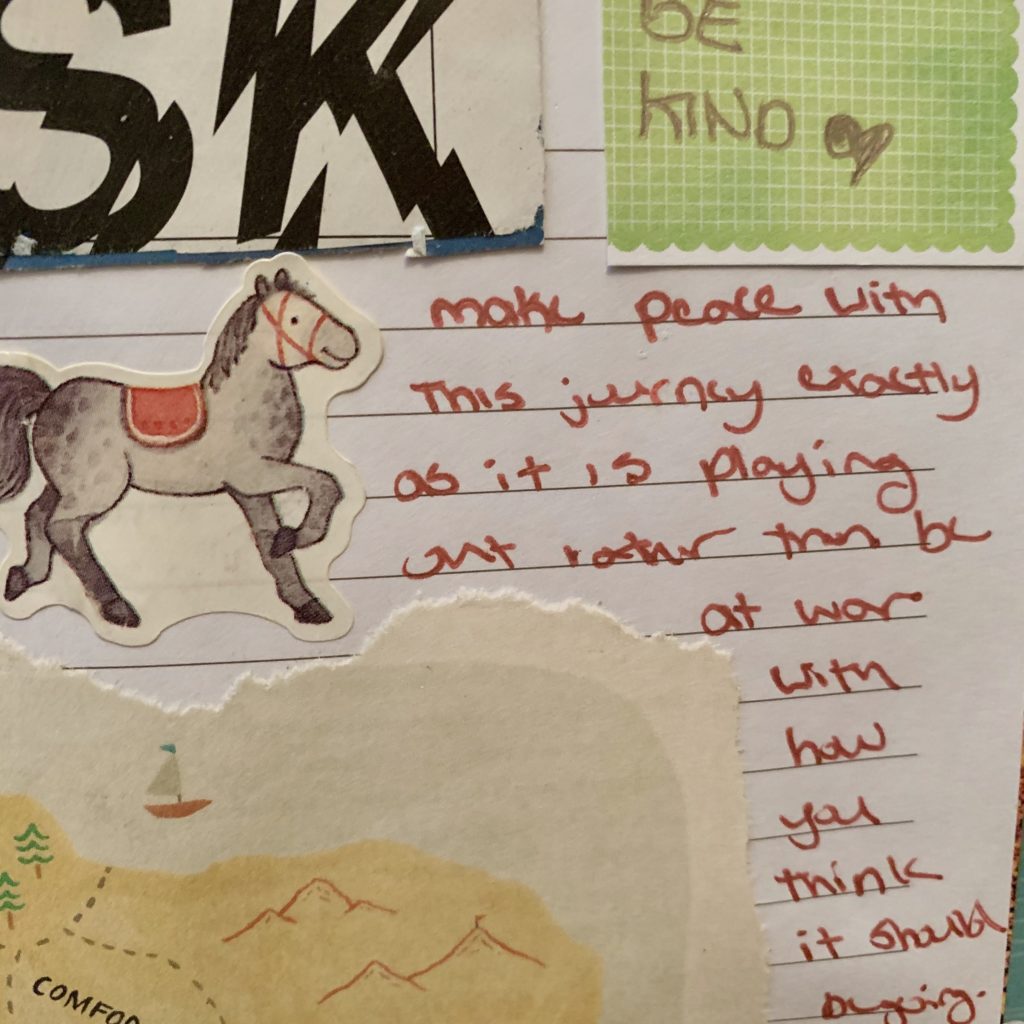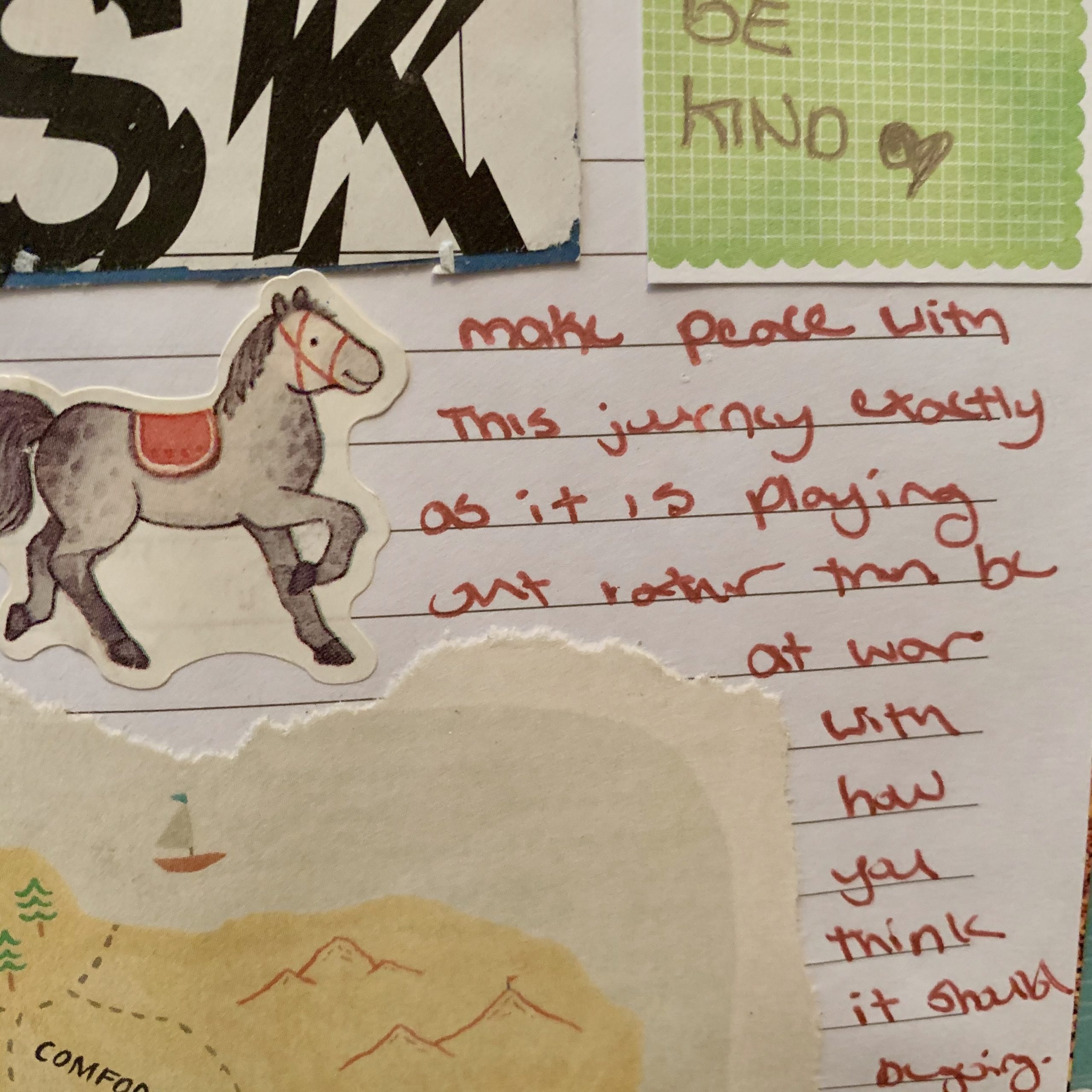
When committing to a long term change in your eating, I think it is very important that you actually want to change. Know that binging, using food to manage your emotional life, and eating lots of sugar and refined/processed foods are not healthy behaviors and you will need to give these up if you want to be successful. If you are obese, you might want to follow a science-based aggressive weight loss program during which time you may need to accept and manage the discomfort of occasional hunger.
When I talk about cravings, I’m referring to urges to eat in a way not aligned with your healthy food plan. This includes eating foods you know are not healthful. It includes unhealthy eating habits such as binging and eating late at night. It ultimately applies to any food and eating behavior that prevents you from reaching your health and weight loss goals.
Having eating guidelines or following a specific well-constructed diet program can be helpful to increase your awareness of the numerous times during the day you feel driven to eat outside of a real need. You may become aware of a very strong “I want” that having guidelines and structure means you learn to manage without food. For example, there is zero reason to eat a donut, ever. It’s so delicious and good, you say. I challenge you to find enjoyment and fun and pleasure in your real life with people you love and on activities you truly value, and not in hyperpalatable unhealthy food. Remember, food is not an amusement park.
One strategy that worked well for me when I was following a very structured program was to plan out my eating the day before. Then, the next day, I just followed that eating plan and did not think about food or eating beyond execution of my plan. I knew there was absolutely no reason I needed to think about my food since I had already taken the time to create a sound menu. Therefore, I labeled any and all food or eating related thoughts as junk to be ignored. I did not let myself get lost in feelings/thoughts of deprivation or unfairness. Instead, I turned my attention to other things. Sometimes I just sat with tiredness or hunger until it passed. I just accepted being unsatisfied or uncomfortable or whatever, and I didn’t fight it. I viewed this process as necessary to retrain my brain and break unhelpful habits around food/eating. I wanted to lose weight and I knew if I followed my eating program as written I would.
It sounds simple and I guess it kind of is. I committed to a goal, found a way of eating grounded in science, and followed it. I accepted that I’d want to eat more than my plan allowed, and that I couldn’t really trust what my mind was telling me about food/eating. I wanted to lose weight and be present in my life more than I wanted to follow the whims and wishes of my mind when it came to food and eating.
My biggest tip for how to handle cravings is to view them as a gateway to your interior life. Follow your relationship with food all the way, and you might find it leads you to the heart of yourself. When you approach your eating from this perspective, you might become curious about your cravings and urges to eat instead of looking for a way to get rid of them ASAP (often by giving in to them). You can learn so much about your habitual responses, beliefs, and the choices you have in life when you begin to question what you are doing with food and why you are doing it.
The next time you have a craving for an unhealthy food, or want to eat in a way that is not aligned with your health goals, or are very preoccupied with thoughts about food/eating, I suggest you ask yourself what you would be doing or thinking about if you weren’t focused on food/eating. If you simply followed your healthy eating plan without overthinking it or trying to get away with cheating, what could you do and think about instead?
Maybe you’d have to experience something painful, like emotions or a specific situation. Maybe you’d have to stop procrastinating. Maybe you’d have to just be tired or bored or stressed or anxious or a little hungry. You might need to face Big Things like the fact that you hate your job or are unhappy in your relationship. You might need to change the way you relate to your life experiences and ultimately to yourself.
Whatever the real issue is, you can do something about it by taking action in your real life. You can make the call you don’t want to make. You can do the boring part of your job you’ve been putting off. You can sit with your anxiety and grief instead of trying to escape. Life is hard, food is easy.
You can make an entire list of things you can do instead of eating. If you are looking for yourself through your relationship with food, I suggest exploring some creative outlets. This includes journaling, creative writing, scrapbooking, listening to music, photography, and creating a mixed media collage.
Stretching, doing yoga (especially yin), spending time in nature, meditating, and reading are all good ways to quiet the mind.
Next time you find yourself wanting to eat unproductively or break your healthy diet guidelines, try asking yourself:
What would I rather be doing (or what should I be doing) besides eating?
Why aren’t I doing it?
Initially, it might be helpful for you to simply remove temptation from your environment. Do not spend a lot of time in your kitchen or around food. Do not buy your trigger foods. If you live with people who eat your trigger foods, ask them to hide these foods for awhile. Don’t google recipes for elaborate dinners or browse Pinterest for sugar free cakes and cookies. The less time you spend thinking about and preoccupied with food/eating the better.
Sometimes it’s helpful to just sit with your cravings and let yourself feel the discomfort. Just accept without trying to distract. Acknowledge that it’s hard but it will get easier. Feed your mind with kindness and love. Feed your body with real whole food. Then, go do things you enjoy and that matter to you.
